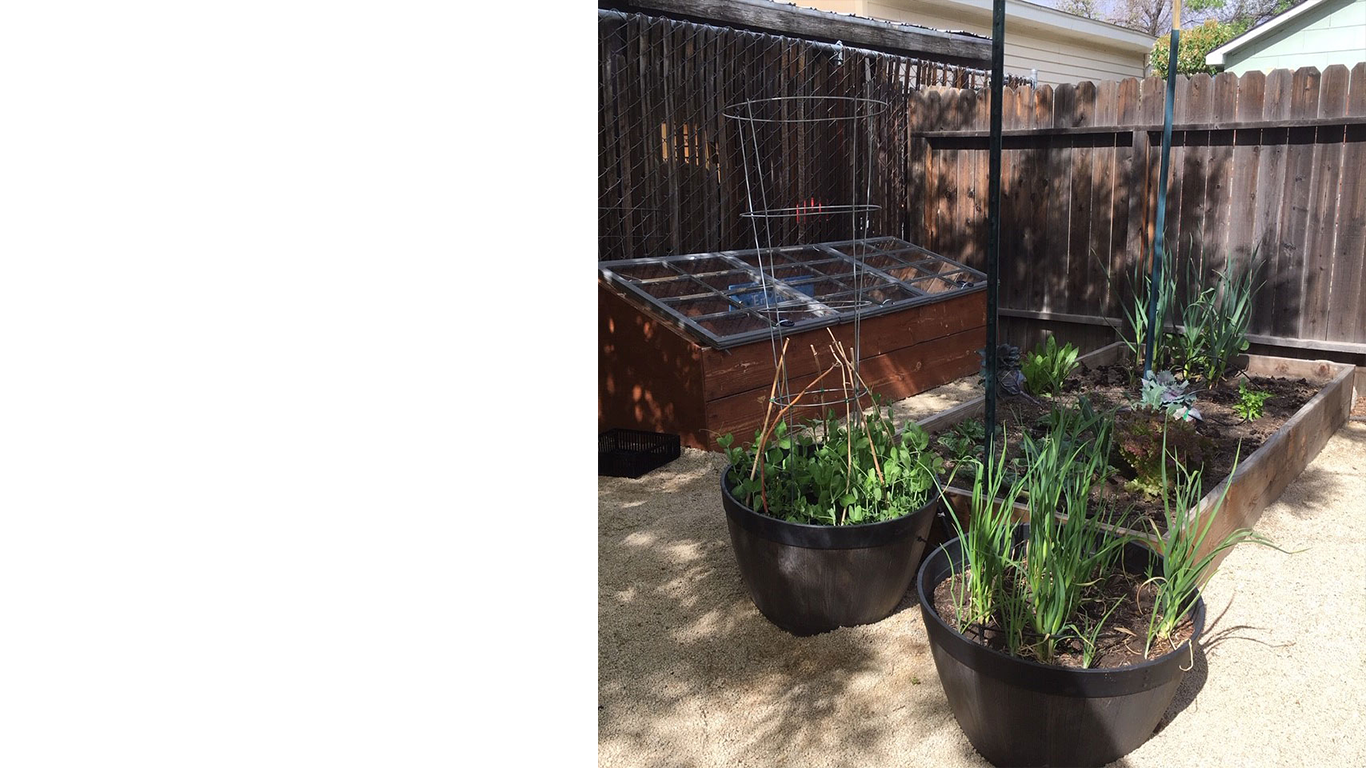Since the Coronavirus crisis began, communities all over the world have quickly adapted to slow the spread. Although these last five months have been filled with fear and uncertainty, many have stepped up to make drastic lifestyle changes, including staying home, wearing masks, and caring for those in need. In order to keep our communities safe, we have been forced to make very sudden behavior changes. While not the intent, these changes have resulted in some significant environmental benefits.
During March – May, many businesses that were able began telecommuting. During that time, a majority of the office operations at Town Hall were also done remotely. With an increase in virtual communications and reduced commutes, we experienced some unexpected reductions in environmental impacts of our regular operations. Printer paper consumption reduced by 87%, thanks to our abilities to communicate virtually. With about 50 staff members not regularly commuting to the office, we collectively prevented 32,000 vehicle miles, and 13 tons of CO2 equivalent emissions. That’s equal to 30 barrels of oil! We also used 83% less fuel for Town vehicles belonging to those divisions working remotely. This of course was in part due to reduced activity throughout town, requiring less in-person visits from Town staff.
Although some staff were telecommuting during this time, some employees were still in the office, requiring resources to heat and light the office space. Our natural gas consumption stayed about the same, and electricity reduced only nominally. We did see a significant reduction in water consumption at Town Hall of about 38%, however the equivalent water use was likely transferred to at-home use.
Meanwhile, with more time at home, especially during the Stay at Home Order, many of us picked up new activities to occupy the time. Over the last couple months, just in time for the start of Spring, baking, gardening, and biking skyrocketed in popularity as yeast, seeds, and bikes sold out across stores. While on the surface these are just fun hobbies, home cooking, supplemental gardening, and utilizing alternative transportation can also be great means to reduce waste from packaging and greenhouse gas emissions from vehicle transportation.
We are creatures of habit, but Coronavirus has forced us, both at work and at home, to try new activities we weren’t willing to try before. In order to fight climate change, our other impending global crisis, we’ll need to continue to make more sustainable lifestyle changes and work collectively to reduce carbon emissions. While we’ve already seen a reduction from our Coronavirus response, the significant change will happen if we carry these sustainable activities into our everyday lives post-COVID-19. Although the circumstances are far from ideal, we can appreciate the silver linings, and continue what we’ve learned to create a more sustainable future.
By: Melanie Conti, Recycling Outreach Specialist


